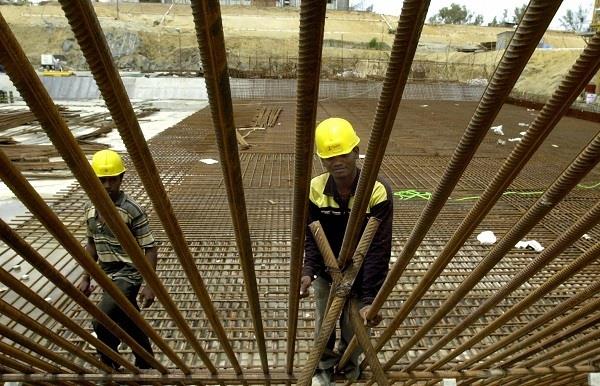
What New Labour Codes Change?
Representational photo
Srinagar- India on Friday put into effect all four Labour Codes, marking the biggest overhaul of labour regulations since Independence. The changes introduce universal social security, mandatory appointment letters, statutory minimum wages across all sectors and modernised safety standards for workplaces.
The four Codes - Code of Wages (2019), Industrial Relations Code (2020), Code on Social Security (2020) and the Occupational Safety, Health and Working Conditions Code (2020) - replace 29 separate laws with a unified legal framework. The government said the updated structure creates a future-ready labour ecosystem that protects workers while easing compliance for industry.
The reforms significantly expand rights for workers across sectors, particularly gig workers, platform workers, migrants, contract labour and MSME employees.
ADVERTISEMENTKey before-and-after shifts include:
. Appointment letters: Mandatory for all workers, ensuring transparent and documented employment.
. Universal social security: PF, ESIC, insurance and other benefits extended to all workers, including gig and platform workers.
. Minimum wages: Statutory minimum wage applicable across all sectors; timely payment is mandatory.
. Health checks: Free annual medical check-ups for workers aged above 40.
. Women's workforce participation: Women can work night shifts and in all job categories with consent and safety measures.
. ESIC expansion: Pan-India coverage; mandatory even for one worker in hazardous units.
. Compliance simplification: Single registration, single licence and single return for all establishments.
Sector-wise reforms
- Fixed-term employees will now receive benefits equal to permanent workers, including gratuity after one year and parity in wages and social-security entitlements. Gig and platform workers gain legal recognition for the first time, with aggregators required to contribute to their social-security funds. Contract workers will receive annual health check-ups, social-security coverage and improved working conditions. Women workers benefit from equal pay, prohibition of discrimination, expanded work opportunities and mandatory representation in grievance committees. Youth and MSME workers gain appointment letters, minimum wages and basic workplace facilities. Plantation, beedi and cigar workers are now covered under modern safety norms, minimum wage protections and regulated working hours. Audio-visual and digital media workers, including journalists, technicians and performers, will receive appointment letters, timely wages and overtime protection. Mining and hazardous-industry workers are guaranteed stricter safety standards, free annual health check-ups and regulated working hours. IT, ITES and export-sector workers will have timely salary release, equal pay guarantees, dispute-resolution mechanisms and night-shift provisions for women with safeguards.
System-wide changes

Legal Disclaimer:
MENAFN provides the
information “as is” without warranty of any kind. We do not accept
any responsibility or liability for the accuracy, content, images,
videos, licenses, completeness, legality, or reliability of the information
contained in this article. If you have any complaints or copyright
issues related to this article, kindly contact the provider above.


















Comments
No comment